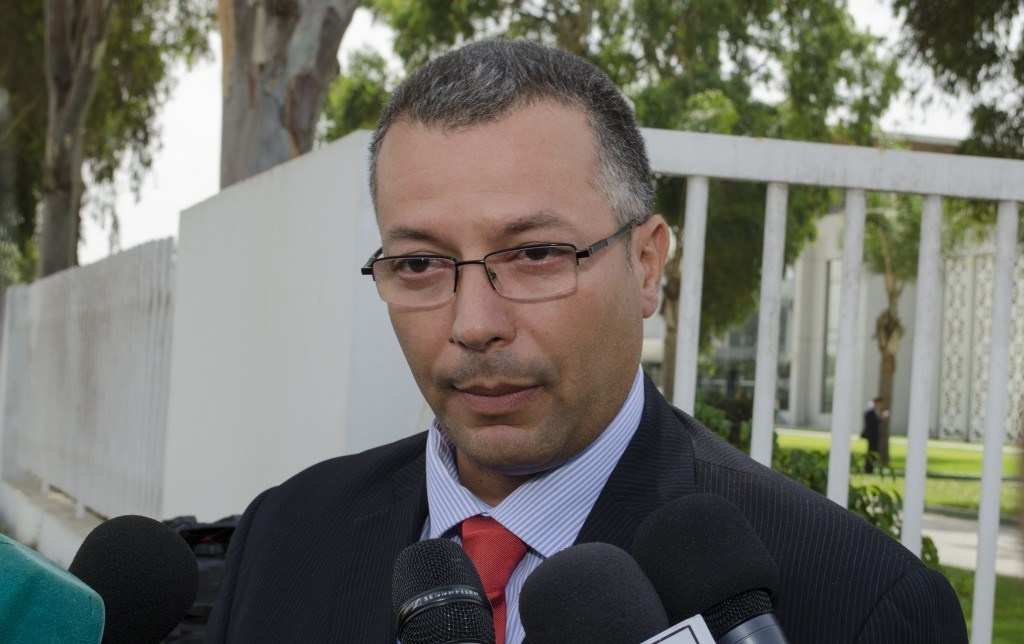The advisor of the Libyan Political Dialogue Committee Ashraf Al-Sheh said the outcome of the Abu Dhabi meeting between Fayez Al-Sirraj and Khalifa Haftar will be on the agenda of the Libyan National Conference (Multaqa Al-Watani) that will be held at the end of March under the auspices of the UNSMIL.
Talking to Libya Al-Ahrar TV Channel, Al-Sheh added that the Secretary General of the UN will be attending the final session of the upcoming National Conference and then the outcome will be put on the Arab League summit in Tunisia and after that at the UN Security Council for making obliging resolutions.
"I call on Ghassan Salame to reveal the details of the UAE meeting to all Libyans. The reason why the international community is silent now is an attempt to pass the Abu Dhabi meeting's results."
He added that Al-Sirraj's latest visits to Doha and Ankara were to alleviate the tension caused by the Abu Dhabi meeting and to appear as if he was safeguarding the civilian state in Libya.
The Abu Dhabi meeting, according to the announcement of the UNSMIL, resulted in agreement on ending the transitional phase by the end of 2019 and holding elections.
Al-Sirraj himself reiterated this announcement in a meeting with western municipal councils' representatives in Tripoli, adding that he and Haftar agreed on elections to end the transitional period so Libya can avoid bloodshed and military escalation.
Meanwhile, The Independent said last Friday that the meeting in the UAE resulted in agreement on holding elections before holding a constitution referendum in Libya.
The British newspaper added that such an agreement was in favor of Haftar who has been against holding a referendum before elections as he sees the constitution a hindrance to the candidacy of military figures, including himself.
The Independent added that the meeting also reviewed reshuffling the Presidential Council and the number of members, however keeping Al-Sirraj in it and giving Haftar the right to name a new member plus a third member to have the PC representing the three Libyan regions.








